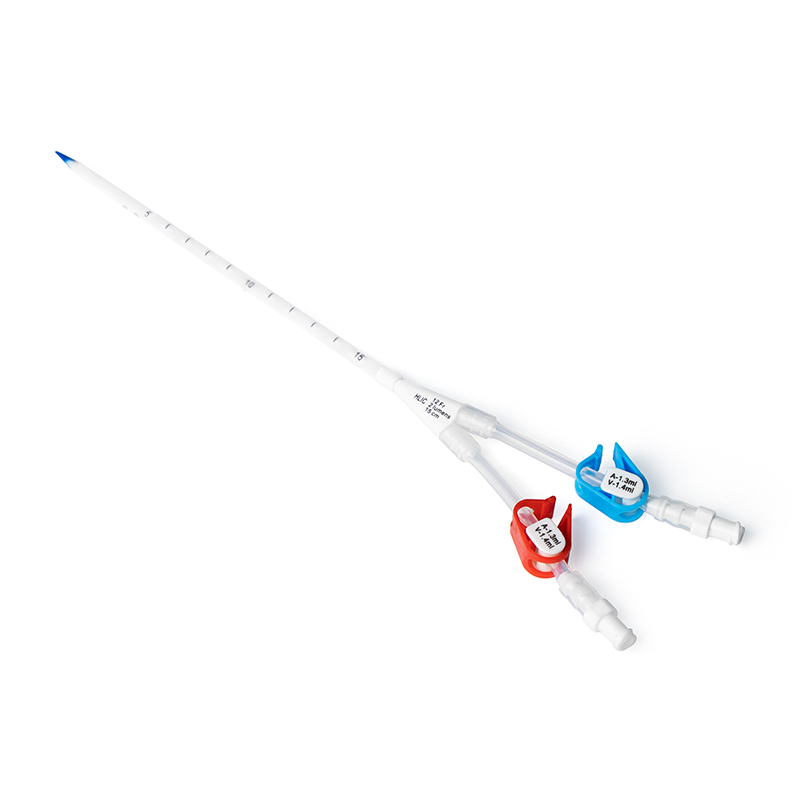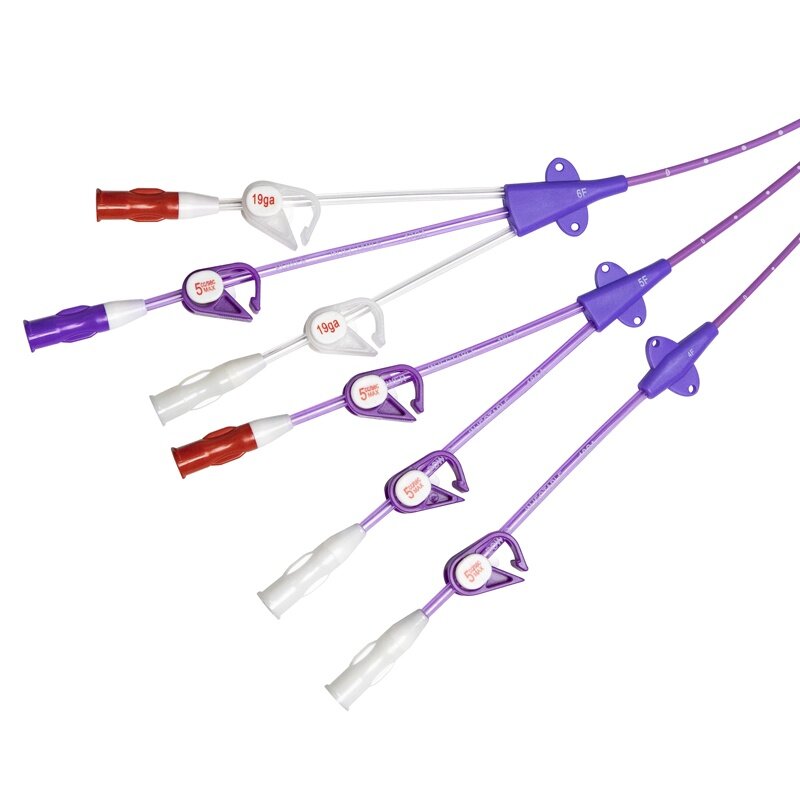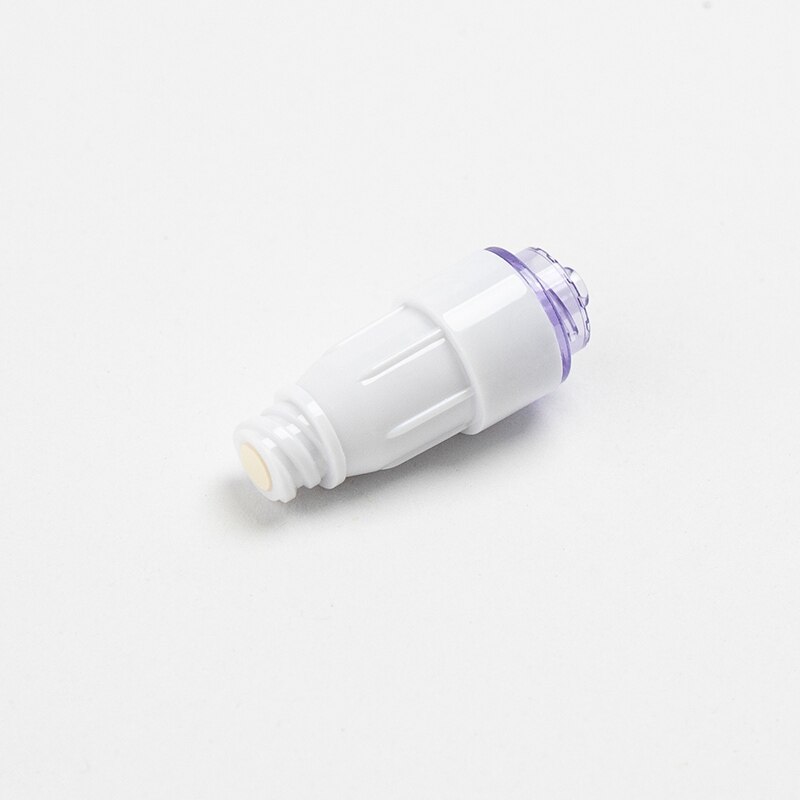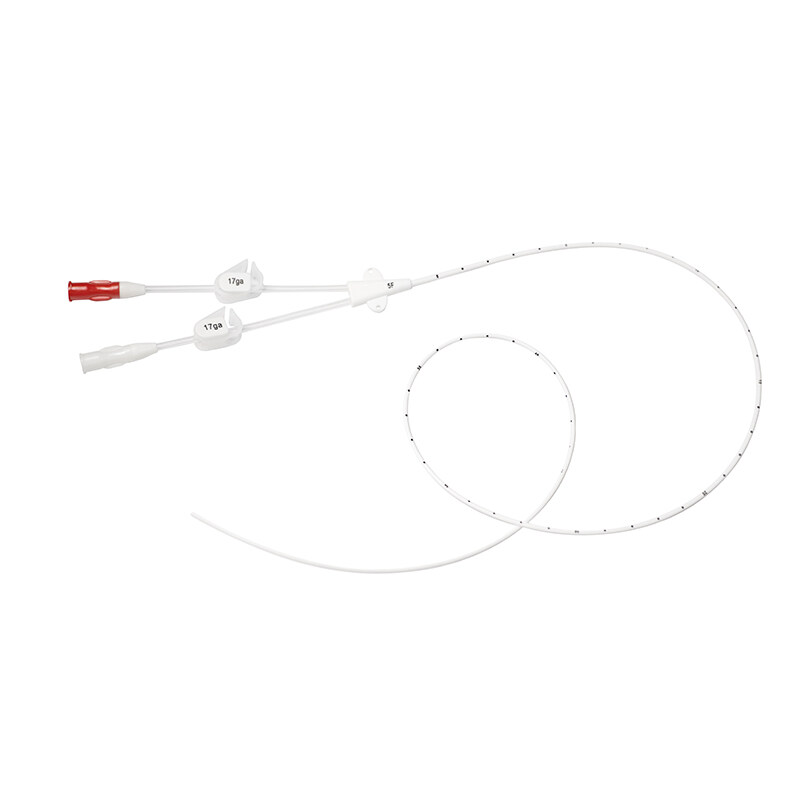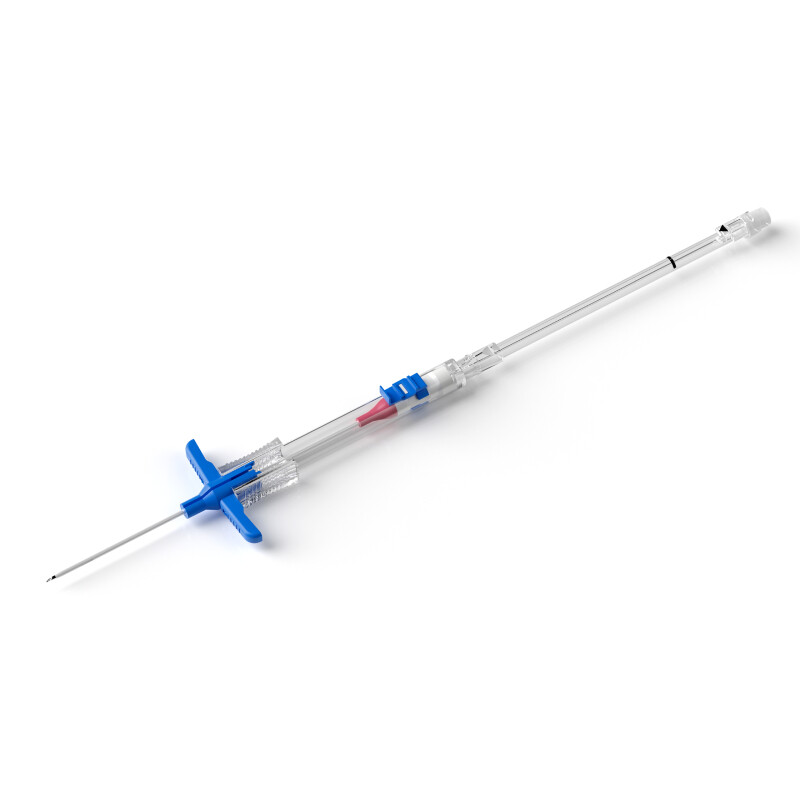PICC line nursing care
PICC insertion is often the first choice when a person is expected to require more than two weeks of intravenous therapy.
PICC catheter is a form of intravenous access that can be used for chemotherapy regimens, extended antibiotic therapy, or total parenteral nutrition.
A PICC is a commonly used medical catheter that enters (medical catheter insertion) the body through the skin at a peripheral site, extends into the superior vena cava, and stays in place (in the vein) for days or weeks.
PICC medical catheterization is commonly used in people receiving total parenteral nutrition, chemotherapy, or long-term drug therapy.
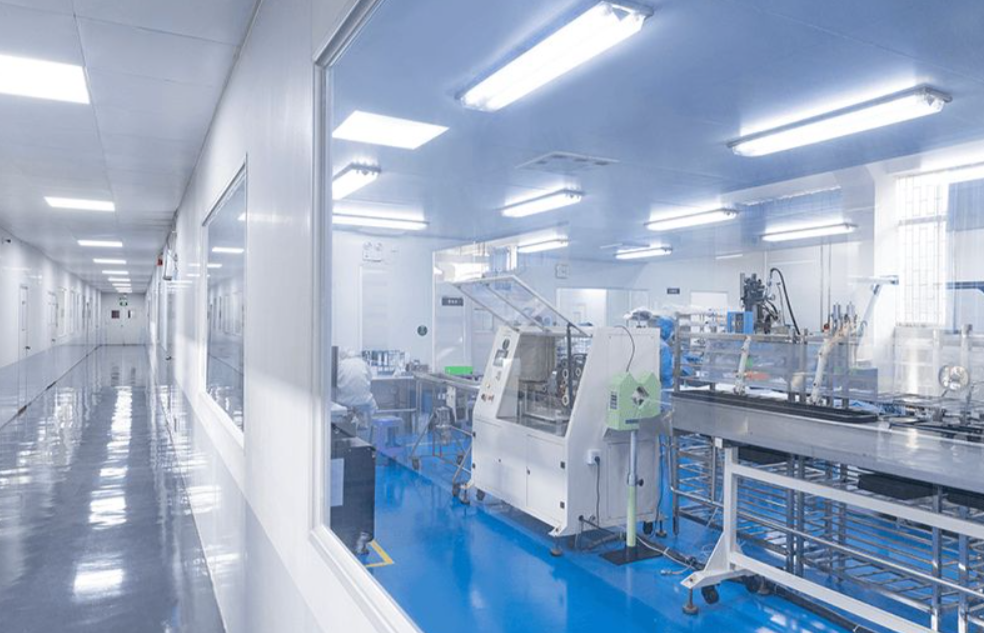
Why PICC line is preferred?
PICCs are a reliable and safe way to obtain central venous access. They are used for patients who require intravenous access for weeks to months.
Healthcare providers use PICC lines instead of regular IV lines, which are more durable and go farther into the vein. It can stay in place longer.
In addition, PICC line nursing care is commonly used for long-term intravenous medications, patients with coagulation disorders, major anatomical abnormalities in the chest and neck that make central catheter placement difficult, and patients who require a rapid infusion of fluids.
3 common types of PICC lines
The use of PICC placement can alleviate patient pain to a certain extent, and here we give a brief introduction to three commonly used medical PICC catheters.
PICC 4Fr*2*60cm and ULIJIE-PICC are all suitable for departments that need PICC such as Hematology, Radiology, Oncology, ICU, and Emergency department.
It is worth mentioning that the 1.9F Neonatal PICC is suitable for the infusion of fluids and blood products, and has a positive impact on the treatment of newborns.

The 1.9F neonatal PICC provides reliable central venous access for premature infants, very low birth weight newborns, and older children of various sizes without direct access to the central vein.
The 1.9F neonatal PICC has a soft one-piece fixed plate, which reduces the irritation to the delicate skin of neonates, and is suitable for the infusion of fluids, drugs, TPN, and blood products.

These types of children or adult PICC are indicated for patients receiving chemotherapy or long-term drug therapy (e.g., antibiotics), total parenteral nutrition (TPN).
At the same time, they can also be used to obtain blood samples.

Some patients may require a CT scan, and CT PICC is the best option for patients who do not need to be replaced at the time of the enhanced scan.
Features and benefits of the three PICC lines
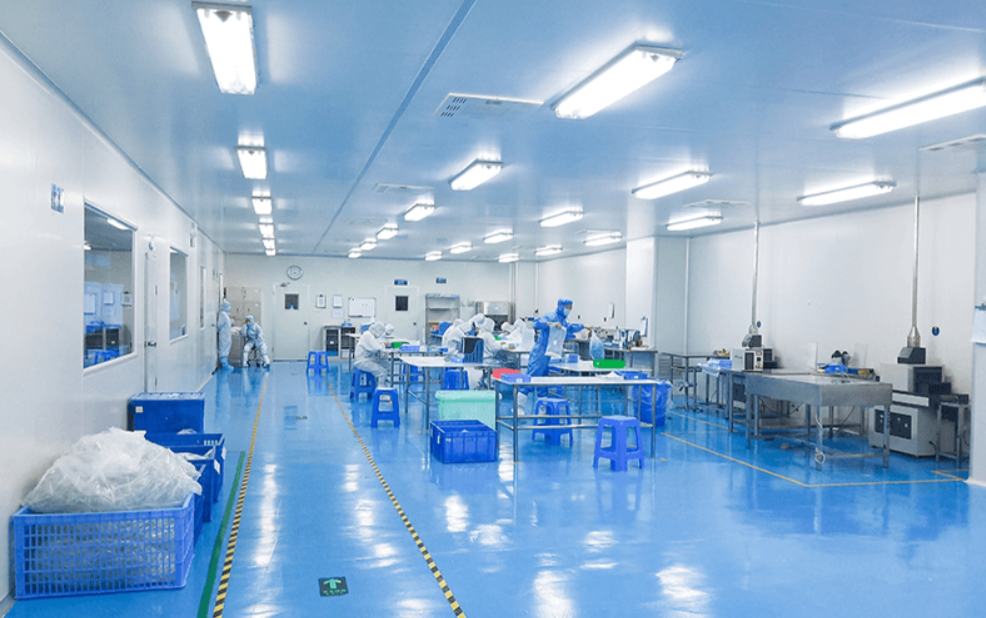
Advance medical polyurethane
It has anti-microbial properties and prevents thrombosis.
Polyurethane is also thermosensitive and reduces the risk of vessel wall trauma and phlebitis.
High-pressure resistant
The CT PICC could be used on a Contrast-enhanced scan with its feature of high-pressure resistance.
Seamless design
The seamless design of 1.9F Neonatal PICC avoids infection caused by bacteria entering the blood through potential gaps.
Radio-opaque
The catheter is radiopacity that could be visualized under chest X-ray for easy positioning control.
Low profile catheter hub
Low profile catheter hub could be fixed by easy operated Good lock, allowing for better patient comfort.
Luer connector
The Luers connector can be easily held on gloves, maintain strength and crack resistance.
Multiple application
PICC 4Fr*2*60cm and ULIJIE-PICC are commonly used in Hematology, Oncology, ICU, and other departments that need PICC.
Conclusion
PICC lines are more effective for long-term intravenous use. They are used in almost every department within and outside the hospital.
There may be slight differences between different brands of PICC catheters.
HAOLANG MEDICAL specializes in the development, manufacture, and sale of endovascular devices (e.g. CVC, PICC, etc.). Choose a high-quality PICC to help patients recover better.

